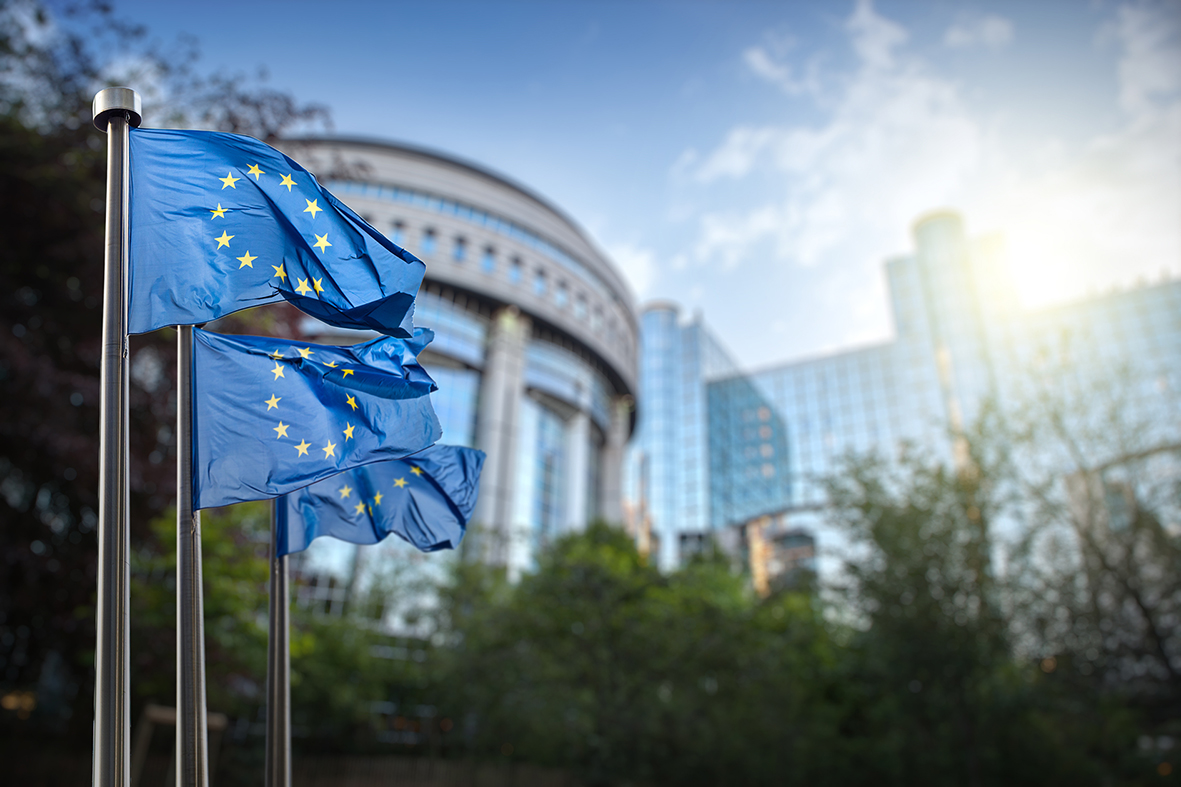EUSA Pharma approval fills gap in neuroblastoma market

EUSA Pharma’s dinutuximab beta has gained European approval for its immunotherapy for children affected by a rare and devastating form of cancer, a move which exploits a gap in the market left after a rival withdrew its product.
Today’s announcement makes dinutuximab beta the only approved immunotherapy for high-risk neuroblastoma in patients aged 12 months and above, because US specialist company United Therapeutics has withdrawn its EU licence for the very similar Unituxin (dinutuximab).
United can only produce enough of its drug to serve US patients and plans to market the drug again in Europe once it has upgraded its production facility, a process taking around three years.
NICE halted its appraisal of Unituxin in February because of United's decision.
This has left a gap in the market which UK-headquartered EUSA can exploit with dinutuximab beta, which is very similar, but considered to be a separate product because it is produced in a different type of cell.
Neuroblastoma is the second most common solid tumour in childhood after brain tumours, mainly affecting children under five.
Affecting around 1,200 children every year in Europe, the cancer arises from neural crest cells involved in the foetal development of the nervous system and other tissues.
Almost half of children are diagnosed at an advanced stage because the cancer can spread very quickly, and are recognised as “high-risk” with a poor prognosis.
Dinutuximab beta is used in children who previously received induction chemotherapy and achieved at least a partial response, followed by myeloablative therapy and stem cell transplantation, as well as those with history of relapsed or refractory neuroblastoma, with or without residual disease.
Founded in March 2015, EUSA Pharma acquired rights to dinutuximab beta from Austria’s Apeiron Biologics for an undisclosed sum in October, including an upfront fee and a payment contingent on EU approval. Apeiron will also receive a royalty on future sales.
EUSA Pharma plans a US filing in 2017 and plans to market dinutuximab beta in other territories including Japan through a network of partners.
Dinutuximab beta is a monoclonal chimeric antibody developed to target a specific antigen, GD2, on neuroblastoma cells. It has been investigated in clinical trials for high-risk neuroblastoma, with more than 1000 patients having received treatment to date.













